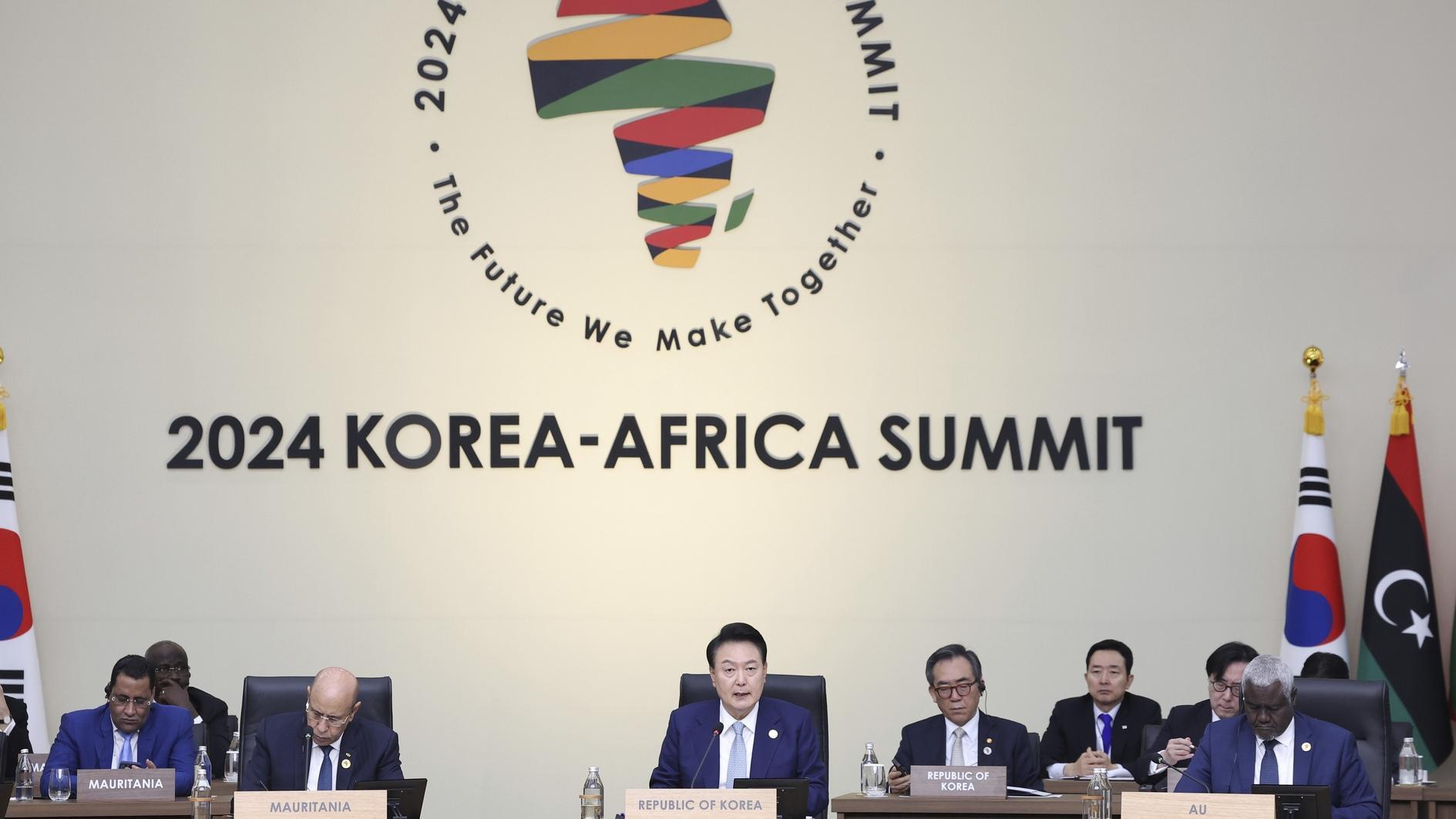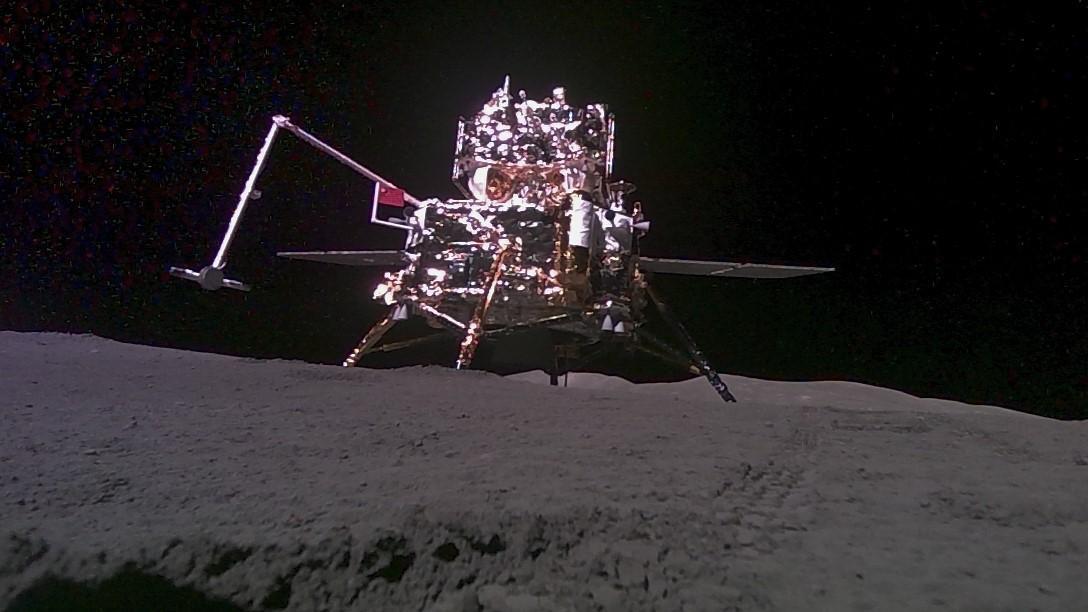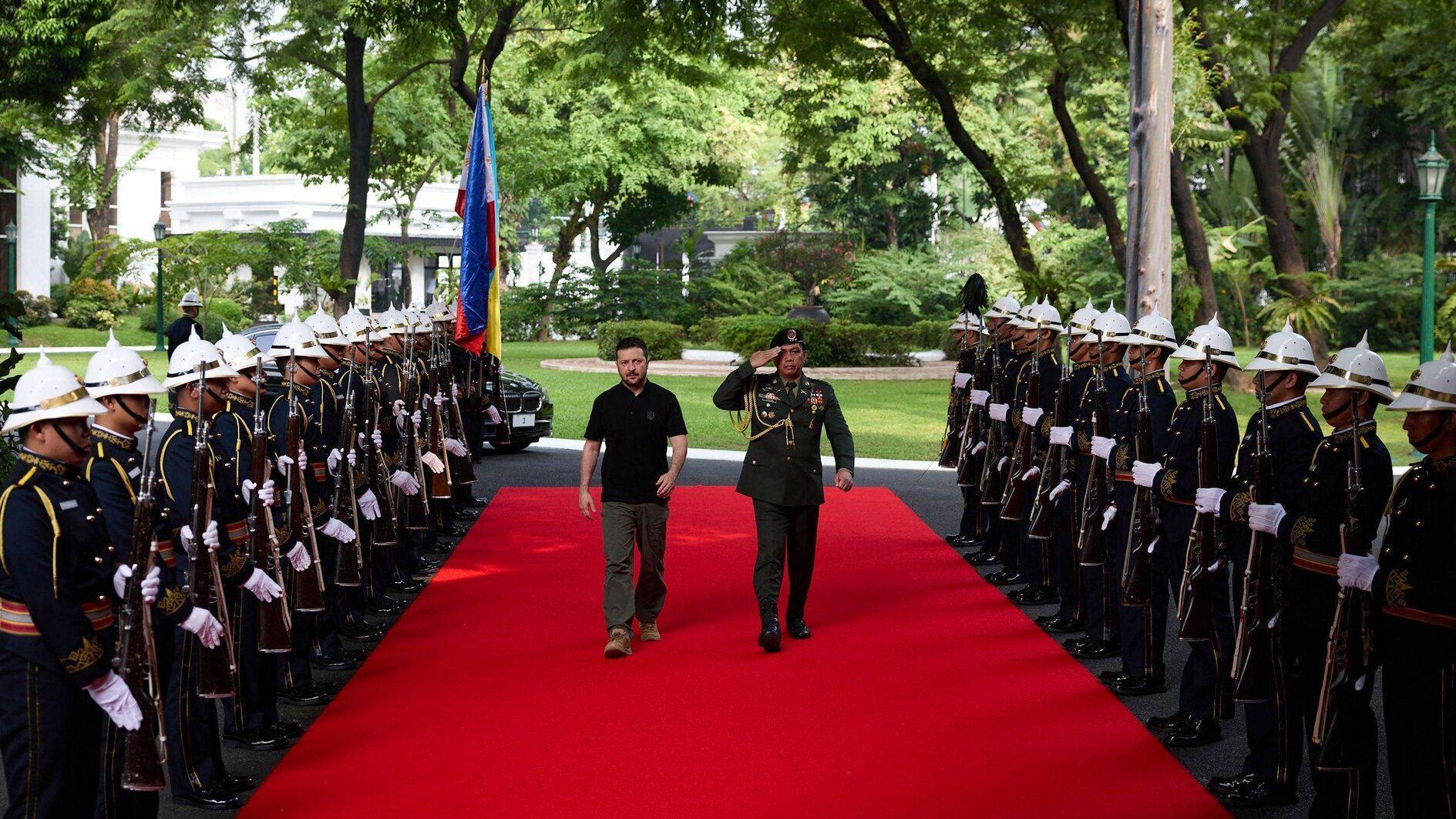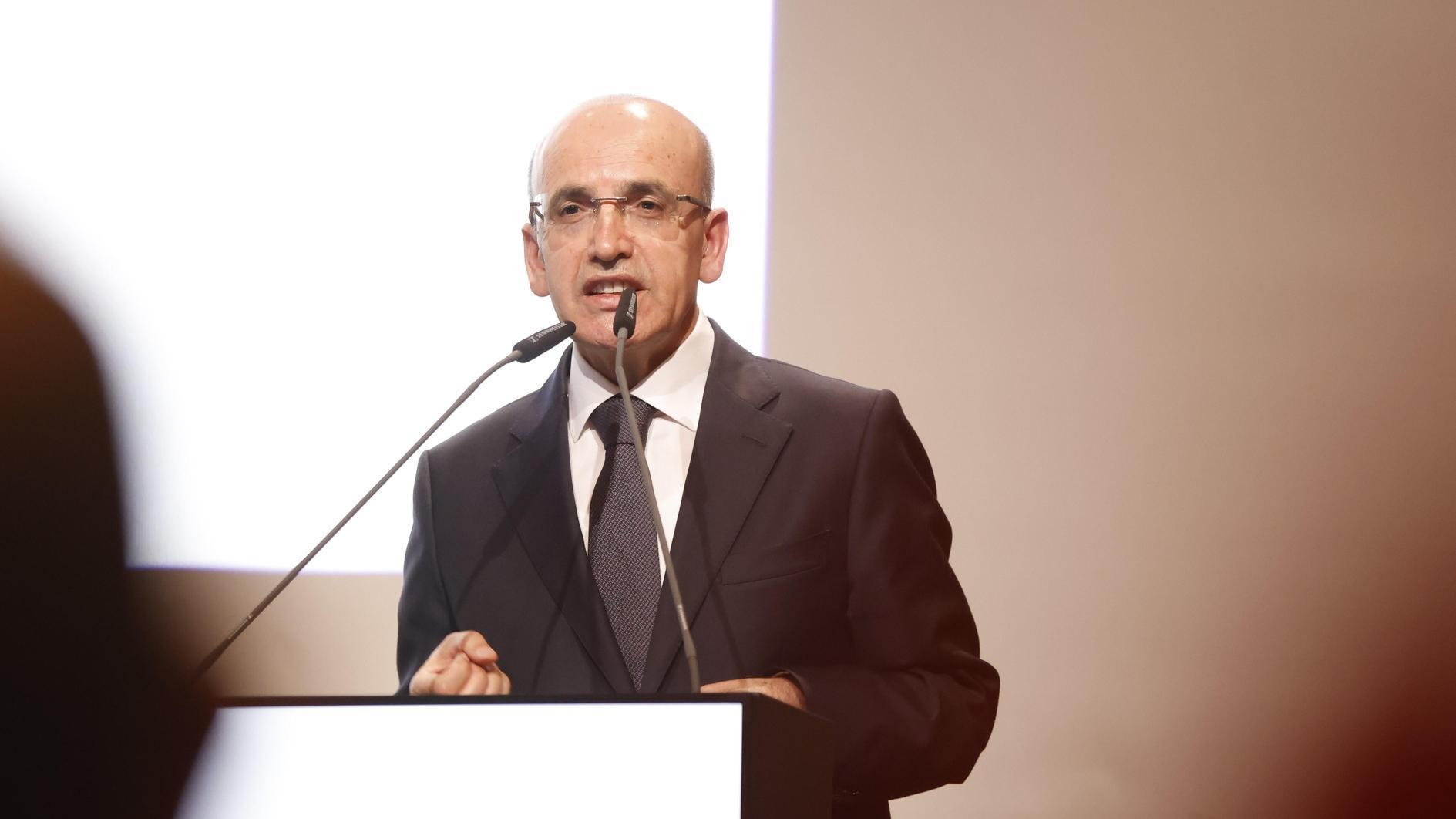‘Istanbul’s Bosphorus under risk due to global climate change’
ISTANBUL
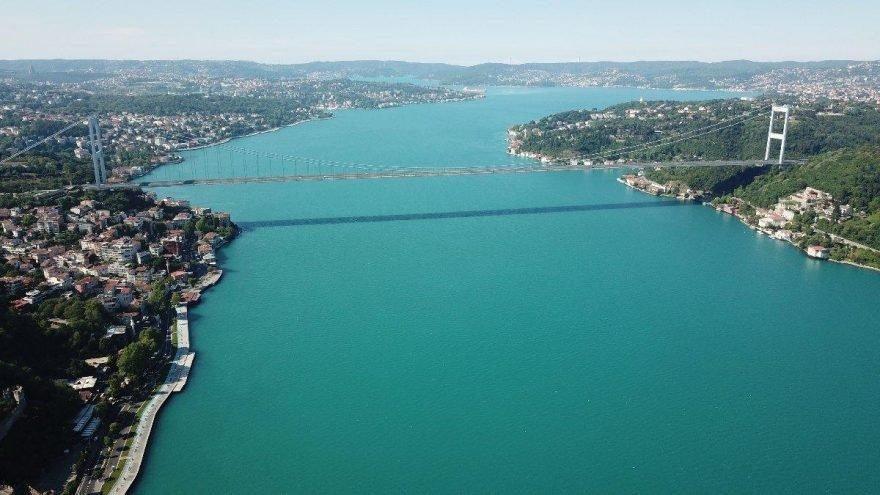
With the possibility that the sea level in Istanbul’s Bosphorus Strait might rise by 3 to 5 meters, there are fears that buildings along the strait’s shore might submerge if the temperature increases by 3 degrees Celsius by the end of the century, according to a parliamentary report.
The Global Climate Change Research Commission of the Turkish parliament convened under the chairmanship of the ruling Justice and Development Party’s (AKP) Afyonkarahisar deputy, Veysel Eroğlu.
Mehmet Emin Birpınar, the deputy minister of Environment and Urbanization; Çetin Ali Dönmez, the deputy minister of Industry and Technology; and Hasan Mandal, the chairman of the Scientific and Technological Research Council of Turkey (TÜBİTAK) gave a presentation to the commission members.
Speaking at the meeting, Birpınar underlined that the average temperature around the world was gradually increasing.
Birpınar pointed out that ice masses on the land melted due to the increasing temperature and that there was a rise in the sea level because of this.
“If temperature increase by 3 degrees Celsius by the end of the century, sea level will rise to five meters,” Birpınar said, adding that a situation could arise where many island countries could disappear, and coastal countries would be inundated.
“If this [scenario] is realized, the sea level in the Bosphorus will also rise, making the other buildings far from the shore appear as waterside mansions,” he added.
Pointing out that Turkey has prepared the regional climate change action plans, Birpınar noted that within this framework, a separate regional action plan was prepared for each of Turkey’s seven regions.
He added that these plans were made in coordination with the United Nations Development Program (UNDP).
Speaking at the meeting, Dönmez also stated that they were determined to take steps toward climate change [scenarios].
Dönmez emphasized that in order for the country’s soils to be clean, they have to comply with the incoming liabilities within the scope of global climate changes.
Stating that the European Green Agreement is on their agenda, Dönmez said that this agreement covered issues such as legislation, technology and innovation, environment and climate biodiversity, financing and incentives.
Noting out that there is an institutional deficiency in small and medium-sized enterprises, Dönmez stated that they are trying to eliminate these deficiencies with the projects they have prepared.
Mandal said that with climate change, countries might face irregular shocks in their food and food resources.
“With increasing temperatures, problems such as water scarcity, soil erosion, vegetation loss, excessive forest fires, permafrost degradation and food supply will occur,” Mandal added.


